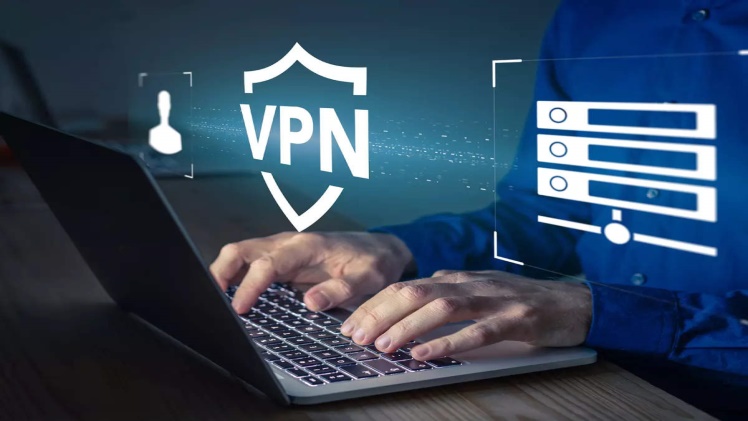In today’s digital era, where data privacy and security concerns are paramount, and online censorship and geo-restrictions limit access to information, virtual private networks (VPNs) have emerged as powerful tools for internet users worldwide. VPNs offer a secure and private way to connect to the internet, enabling users to protect their online activities, bypass restrictions, and access content from anywhere in the world. In this article, we will explore the key features and benefits of iTop VPN and how they are transforming the landscape of online connectivity.
Protecting Privacy: With the proliferation of online surveillance, data breaches, and identity theft, protecting privacy has become a top concern for internet users. VPNs encrypt the data transmitted between a user’s device and the VPN server, creating a secure tunnel that shields the user’s online activities from prying eyes. This means that even if someone intercepts the data, it will be unreadable without the encryption key. VPNs also mask the user’s IP address, making it difficult for websites, advertisers, or hackers to track their online activities. This enhances privacy, allowing users to browse the internet anonymously and safeguard their personal information.
Enhancing Security: In addition to protecting privacy, VPNs also enhance security by providing an additional layer of defense against cyber threats. When users connect to a public Wi-Fi network, such as in a coffee shop or airport, their data is vulnerable to interception by malicious actors. However, with a VPN, all data transmitted through the network is encrypted, preventing unauthorized access. Moreover, VPNs use advanced security protocols, such as OpenVPN, IPSec, and L2TP/IPSec, which provide robust encryption and authentication, ensuring that the data remains secure from cyber web series review attacks.
Bypassing Restrictions: Online censorship and geo-restrictions are pervasive in many parts of the world, limiting access to websites, streaming services, and social media platforms. However, VPNs offer a solution by allowing users to connect to servers located in different countries, effectively bypassing these restrictions. For example, users can connect to a VPN server in a country where a website or service is not blocked, and access the content as if they were physically located in that country. This empowers users to overcome censorship, access information freely, and connect with people across borders, promoting global connectivity and cultural exchange.
Accessing Content: VPNs also enable users to minishortner access content that may be geographically restricted, such as streaming services, games, or sports events. Many streaming platforms, such as Netflix, Hulu, and BBC iPlayer, have region-specific content due to licensing agreements. However, with a VPN, users can connect to servers in different countries and access content that may not be available in their region. This provides users with a vast array of entertainment options and expands their access to information and cultural content from around the world.
Remote Work: The COVID-19 pandemic has accelerated the adoption of remote work, and VPNs have become essential tools for remote workers. ocultar meu ip allows employees to securely connect to their company’s network and access sensitive information, such as files and emails, from anywhere in the world. This enables organizations to maintain data security and productivity, while employees enjoy the flexibility of working remotely without compromising privacy or security.

